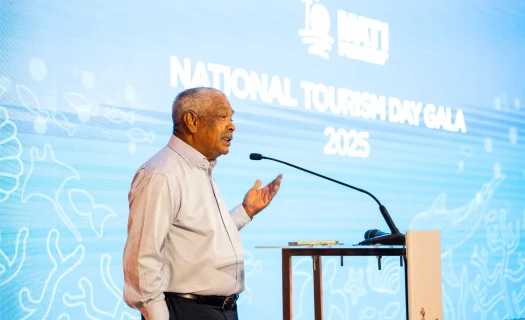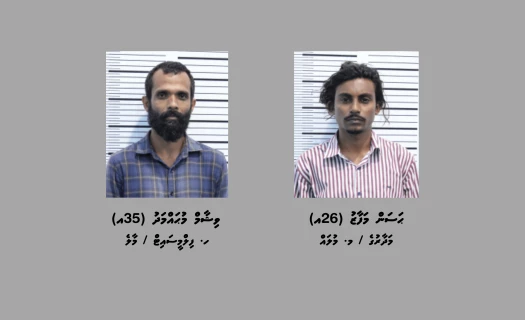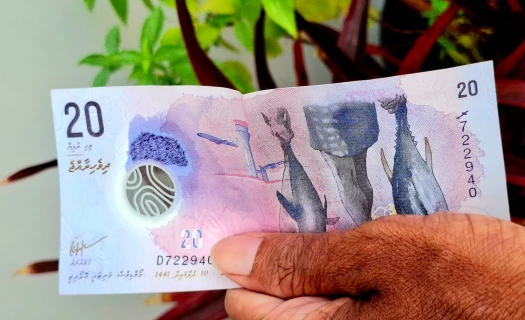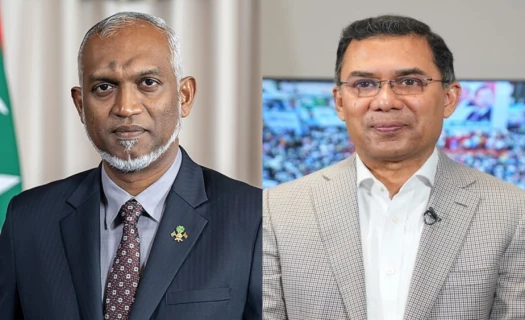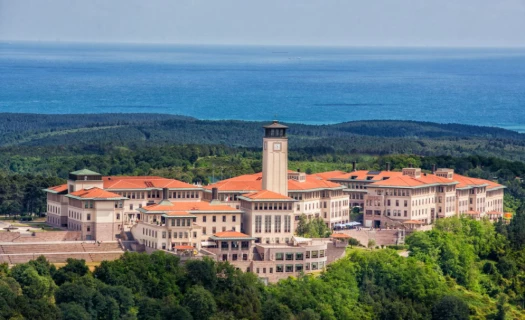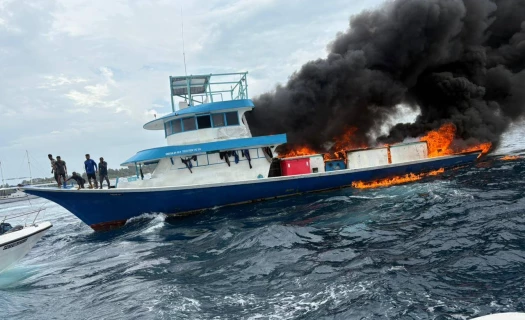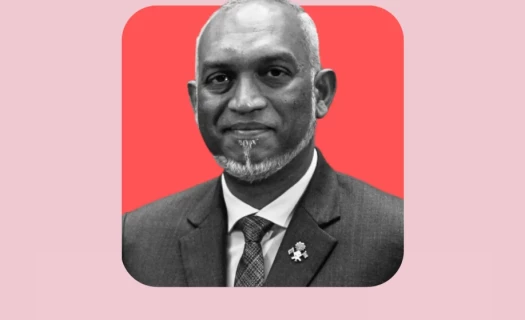Can the PTI model restore trust in Maldivian media?
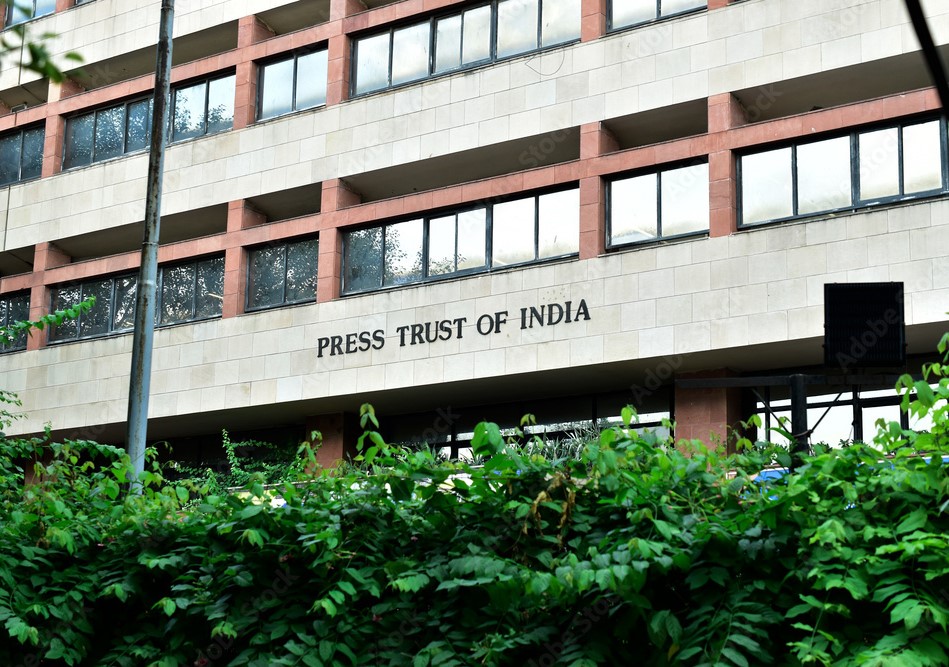
Public trust in media has been an issue discussed the world over. Our tiny island nation is no exception. At a time when people have started labelling the Media as the enemy or 'the other side', trust in media needs to be rebuilt. Or else, we are headed towards a darker period. But how do we do that?
My recent familiarization trip to New Delhi, organised for Maldivian media personnel by the Indian High Commission in Male' and the Ministry of External Affairs, provided a rare and timely insight into media governance. The most profound takeaway from the journey was the working model of the Press Trust of India (PTI). In a world increasingly saturated with misinformation and plagued by eroding public faith in traditional news sources, the PTI’s structure, a non-profit cooperative owned by its subscribers, emerges as a powerful blueprint for integrity that we should seriously consider adopting.
The uniqueness of the Press Trust of India lies in its foundational identity. PTI is India’s largest and oldest news agency, operating as a non-profit cooperative that is collectively owned by the very newspapers and broadcasters it serves. Established shortly after India gained independence, it took over the operations of the Associated Press of India with a distinct mandate: the impartial collection and distribution of news, not the maximisation of profit for external shareholders. This structure is fundamentally key to its ability to maintain editorial independence. Because the owners are diverse media outlets themselves, the agency’s focus remains purely on comprehensive, verified reporting, shielded from the undue influence of any single political entity, government, or powerful corporate interests of sponsors. This dedication to factual integrity, which I witnessed firsthand at their head office, is precisely why PTI has retained its status as a highly credible source.
The Maldivian media landscape, while vibrant, faces dual crises of increasing cost and decreasing public trust. Individual media organisations, often constrained by small markets and limited financial resources, struggle to maintain extensive, dedicated reporting teams for both domestic and international coverage. This financial strain often necessitates compromises that had led to reliance on unverified online sources, unchecked bias, or a focus on sensationalism, all of which brings to the global phenomenon of trust erosion to our shores. This environment creates fertile ground for disinformation to take root, further destabilising the informational ecosystem necessary for a functional democracy.
A cooperative model would solve these issues simultaneously. By pooling resources, media outlets would collectively own and fund a central wire service. This instantly generates significant economies of scale, slashing the individual financial burden of maintaining wide networks of correspondents. More critically, it would allow for the establishment of vital, shared, high-cost functions, such as a dedicated fact-checking unit and specialised investigative teams, which are currently prohibitively expensive for most single newsrooms. By centralising the core function of verification and distributing high-quality, non-partisan reports, the MNC would serve as the reliable, gold standard source of information, elevating the quality of journalism across the entire country.
Adopting the PTI model requires a collective vision and political will. Media owners must come together to form a charter that legally mandates the cooperative's non-profit, unbiased operation, ensuring that governance is spread among members to prevent capture by any single faction. By embracing this model, our media community can achieve genuine financial sustainability and, more importantly, restore credibility and trust. The lesson from New Delhi is clear: integrity in information is an institutional matter, and cooperative ownership is the most effective safeguard against the forces that seek to distort truth for profit or power. Establishing this collective news infrastructure is not merely an operational luxury; it is a critical investment in the democratic future of the Maldives.
